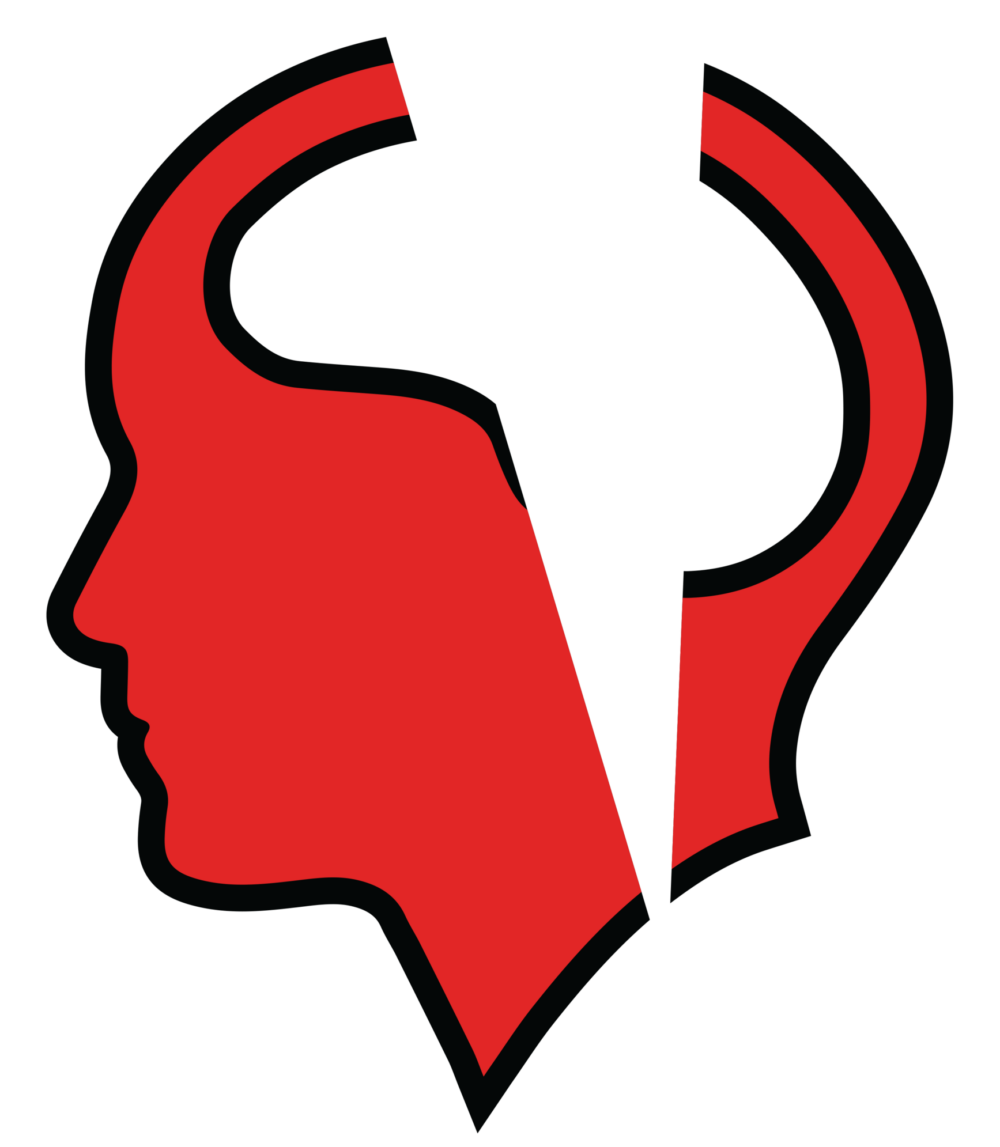Dr. John DenBoer is not your typical clinical neuropsychologist. With a career that bridges science, technology, and entrepreneurship, he’s built a life’s work around one big idea: we can—and must—do better when it comes to identifying and preventing cognitive decline in aging adults.
Through his research, clinical practice, and ventures, Dr. DenBoer has become a powerful voice in the push to detect dementia earlier, intervene more effectively, and empower people to take control of their brain health long before symptoms start. Dr. John DenBoer’s Academic Roots and Neuropsychology Background
Dr. John DenBoer earned his Ph.D. in Clinical Psychology with a specialization in neuropsychology, where he focused on understanding how the brain changes as we age. His training took him through respected institutions like the Barrow Neurological Institute and the VA system, where he saw firsthand how subtle cognitive shifts can go undetected until it’s too late.
That experience helped shape his professional mission: develop tools and systems to catch cognitive decline early, before it becomes irreversible .Dr. John DenBoer’s Core Research Interests: The Front Lines of Cognitive Aging
At the heart of John DenBoer’s research is the early detection of conditions like Mild Cognitive Impairment (MCI) and preclinical Alzheimer’s disease. He’s particularly focused on finding patterns in how these conditions show up—not just through memory tests, but through more complex neuropsychological assessments that capture behavior, decision-making, and attention.
His research often explores how brain changes interact with lifestyle, environment, and emotional health—a true biopsychosocial approach to aging.Dr. John DenBoer’s Work in Digital Brain Health
One of the most exciting chapters in Dr. DenBoer’s career came through his development of digital cognitive tools. As the founder of Smart Brain Aging, Inc., he helped create an AI-powered platform that tracks brain function and provides targeted “brain training” exercises designed to strengthen weak areas.
These digital therapeutics are more than just games—they’re backed by real science and have been tested in clinical pilots. Dr. DenBoer’s vision was to create something accessible, scalable, and truly impactful for older adults, especially those who might not have access to in-person neuropsychological care.Dr. John DenBoer’s Entrepreneurial Drive in the Aging Space
What sets Dr. DenBoer apart is his willingness to step outside the lab and into the world of business and innovation. Today, he’s involved in launching a venture studio accelerator that supports startups in the aging and longevity space. The idea? Pair scientific insight with startup energy to create real-world solutions.
Drawing from thinkers like Clayton Christensen, Dr. DenBoer believes that disruptive innovation is the key to transforming brain health care—and he’s putting that belief into action by mentoring entrepreneurs and advising on business strategy across the healthcare sector.Dr. John DenBoer’s Mission to Educate and Empower
Dr. DenBoer isn’t just a researcher—he’s also a teacher, speaker, and advocate. In his TEDx talk, “The End of Alzheimer’s Starts with You,” he laid out a hopeful and empowering message: cognitive decline isn’t inevitable, and we all have a role to play in protecting our brain health.
He speaks regularly to clinicians, caregivers, and community groups about topics like neuroplasticity, the mental edge in aging, and how early intervention can make all the difference. His voice is especially powerful because it combines deep scientific knowledge with a deep understanding of what people are actually going through.Looking Ahead: Dr. John DenBoer’s Vision for a Healthier Future
As the population ages and concerns about dementia grow, Dr. John DenBoer’s work feels more relevant than ever. Through a mix of research, digital innovation, and strategic thinking, he’s helping shift the narrative around cognitive aging—from fear and inevitability to prevention, empowerment, and action.
His mission is clear: help people stay sharper, longer—and build a world where early cognitive care is the norm, not the exception.
